
Deniz ÜNVER
Independent Researcher
As the hot conflicts and economic crises rise in the world arena, so does the great power competition. Even before the war in Ukraine, a new form of Cold War emerged between the great powers. This new form of Cold War has shown itself mainly in new investment, connectivity, and energy projects. The most significant example is Beijing’s Belt and Road Initiative (BRI), while the Three Seas Initiative was designed as a counter to the BRI.
Three Seas Initiative (3SI), which was launched in 2015, is a joint regional project that includes the countries in Central and Eastern Europe to increase the cross-border energy, transportation and digital infrastructure and provide economic growth in member countries[1]. The member countries of the 3SI are Austria, Bulgaria, Croatia, Czechia, Estonia, Hungary, Latvia, Poland, Romania, Slovakia and Slovenia[2], all of them connected politically, economically and geographically to the Adriatic, Baltic and Black Seas. Significantly, all the signatory countries were Iron Curtain countries in the past.
Therefore, it is important to note that the 12 member countries of the 3SI comprise approximately 30 per cent of the EU territory and 22 per cent of the EU population[3]. Yet, those countries only account for 14 per cent of the GDP of the EU[4].
There are several objectives of the 3SI. The crucial aim of the 3SI is to increase the economic growth and resilience of the region by improving transport, energy and digital infrastructure[5]. In addition to this, the 3SI aims to transform the region into a more attractive place for investors as well as for the global financial market[6]. Thus, providing reliable, sustainable and inclusive connectivity is among the aims of the 3SI[7]. Finally, providing energy security and diversification of routes and energy suppliers can be included in the objective list of this initiative[8]. In other words, the 3SI aims to bring comprehensive development to the region.
According to the view of Washington, the 3SI is among the most important political and economic policy initiatives that have ever covered Central and Eastern Europe[9]. It was once again emphasized by the US Secretary of State, Anthony Blinken, that the 3SI is “even more urgent", especially after the war in Ukraine, during his speech in Riga, Latvia[10]. Indeed, the 3SI was born to combat Chinese and Russian influence in the region.
China has increased its regional influence with the Belt and Road Initiative (BRI) and the 17+1 Initiative. Indeed, there exist many projects of China in the 3SI signatory countries. For instance, as of 2022, China was the second-largest trading partner of Czechia[11]. Before the Russian invasion of Ukraine on February 2022, Beijing was the biggest trade partner of Ukraine[12]. Furthermore, in the cultural field, the Confucius Centers of China are located in many eastern European countries.
According to the US foreign policy view, closer relations between Beijing and Central and Eastern European Countries constitute a risk to the region, even without the BRI and 17+1 Initiative[13]. One criticism against China is that it promotes asymmetric economic dependence on its exports as well as promoting techno authoritarianism[14].
Also, Chinese influence in Central and Eastern Europe has drawn attention due to the China-Taiwan conflict. Through the Trans-Asian Railway, Beijing has strengthened its influence over Poland and Czechia by inducing economic dependence for China within these countries[15]. However, the Trans-Asian Railway is not only about the trade for China. This railway offers an alternative to Indo- Pacific trade routes[16]. That means that China can transfer its exports to the West via Trans-Asian Railway if hostilities in the Taiwan Strait emerge [17].
For those reasons, the 3SI is considered a crucial project that can limit the Chinese influence in Western and Eastern Europe by realizing secure supply chains, providing energy security, and curbing Chinese investment in the region.
Another reason the US backs this Initiative is that it can obstruct Russian influence in Central and Eastern Europe. The 3SI promises energy security and safe pipelines, which will not pass from Russian soil. Thus, the US can increase its shale gas exports to the region. In this context, the US supports the Initiative as it can potentially harm Russian influence in the area.
Moreover, it is assumed that the realization of the 3SI will assist in rebuilding Ukraine. The signatory countries promised in the last summit of the 3SI in Riga, Latvia, to assist the recovery of Ukraine[18].
However, the financing of the Initiative is problematic. It is expected by the signatory countries that the US will be more active in the funding of the 3SI.
The emergence of the Russo-Ukranian War has raised hopes for the 3SI to be established. It is assumed that establishing this Initiative can combat Russian and Chinese influence in the region by providing connectivity, increasing investment and ensuring energy security. In this context, the 3SI can be considered a project for the containment of Russia and China in the great power competition. It was even considered as a response of the EU and the US to the BRI. In general, it can be concluded that the US and the EU back this project as it is seen as a way to combat Russian and Chinese influence in Central and Eastern Europe.
And finally, there are new ideas circulating for the enlargement of the Three Seas Initiative, calling for the creation of a Four Seas Initiative to include the Adriatic, Baltic, Black and Caspian Seas. This new initiative would be based on the existing 3SI. Addition of the Caspian and the associated countries in the region would emphasize the interdependence of the expanded region in matters of economic development and transport. Currently, the 3SI includes only EU member states. This serves as an impediment to the regional cooperation since there are so many countries in the region which are not EU members. The creation of a Four Seas Initiative would encourage the countries of the region to look beyond the EU borders as well.
*Picture: https://balticsecurity.eu/three_seas_initiative/
[1] Anthony B. Kim, “Three Seas Initiative Should Be America’s Transatlantic Partnership For Economic Freedom, Not Woke Agenda”, The Heritage Foundation, September 29, 2022, https://www.heritage.org/global-politics/commentary/3-seas-initiative-should-be-americas-transatlantic-partnership-economic
[2] “Three Seas Story”, Three Seas, https://3seas.eu/about/threeseasstory
[3] Marek Grzegoryczk, “It is Time For the EU and 3SI To Align Their Goals”, Emerging Europe, August 30, 2022, https://emerging-europe.com/news/its-time-for-the-eu-and-three-seas-initiative-to-align-their-goals/
[4] Ibid.
[5] “Objectives”, Three Seas, https://3seas.eu/about/objectives
[6] Ibid.
[7] Ibid.
[8] “Objectives”, Three Seas.
[9] Kim, “Three Seas Initiative Should Be America’s Transatlantic Partnership For Economic Freedom, Not Woke Agenda”.
[10] Ibid.
[11] “Czech Republic Imports by Country”, Trading Economics, https://tradingeconomics.com/czech-republic/imports-by-country
[12] “China Regional Snapchat: Eastern Europe & the South Caucasus”, Foreign Affairs Committee, October 25, 2022, https://foreignaffairs.house.gov/china-regional-snapshot-eastern-europe-the-south-caucasus/
[13] Thomasz Wroblewski and Darren Spinck, “The Three Seas Initiative: A Counter to Chinese Influence in Europe?”, National Interest, February 6, 2023, https://nationalinterest.org/feature/three-seas-initiative-counter-chinese-influence-europe-206181
[14] Ibid.
[15] Ibid.
[16] Wroblewski and Spinck, “The Three Seas Initiative: A Counter to Chinese Influence in Europe?”
[17] Ibid.
[18] "Support for Ukraine Pledged at the Three Seas Initiative Summit National Coordinators’ Meeting”, Three Seas, https://3seas.eu/media/news/support-for-ukraine-pledged-at-the-three-seas-initiative-summit-national-coordinators-meeting
© 2009-2025 Avrasya İncelemeleri Merkezi (AVİM) Tüm Hakları Saklıdır
Henüz Yorum Yapılmamış.
-
 ATTEMPTS OF DE-DOLLARIZATION - 10.02.2023
ATTEMPTS OF DE-DOLLARIZATION - 10.02.2023
Deniz ÜNVER 10.02.2023 -
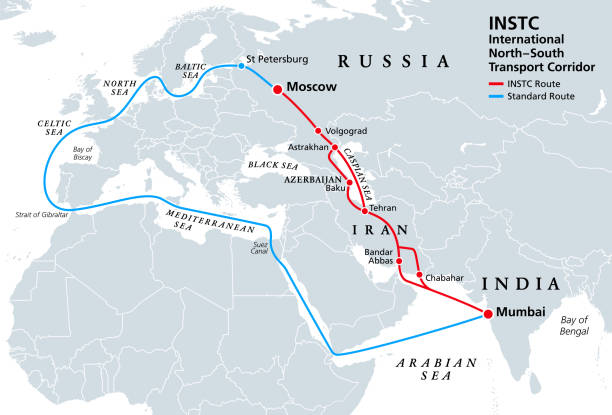 INTERNATIONAL NORTH-SOUTH TRANSIT CORRIDOR (INSTC) - 06.07.2023
INTERNATIONAL NORTH-SOUTH TRANSIT CORRIDOR (INSTC) - 06.07.2023
Deniz ÜNVER 06.07.2023 -
 THE GREEN POLICY OF TÜRKİYE AND ITS PROGRESS - 23.10.2023
THE GREEN POLICY OF TÜRKİYE AND ITS PROGRESS - 23.10.2023
Deniz ÜNVER 23.10.2023 -
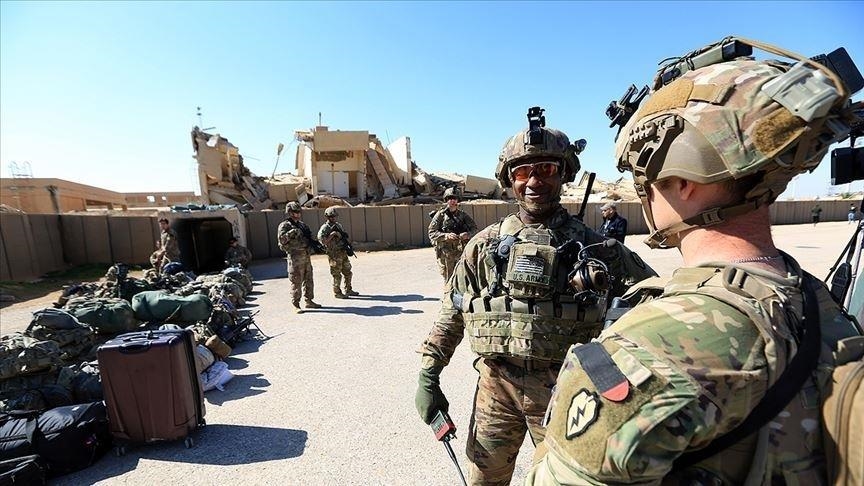 US WITHDRAWAL FROM AFGHANISTAN AND ITS POLICY TOWARDS CENTRAL ASIA - 24.06.2021
US WITHDRAWAL FROM AFGHANISTAN AND ITS POLICY TOWARDS CENTRAL ASIA - 24.06.2021
Deniz ÜNVER 29.06.2021 -
 REGIONAL COMPREHENSIVE ECONOMIC PARTNERSHIP (RCEP): A FURTHER EXPLANATION - 10.02.2022
REGIONAL COMPREHENSIVE ECONOMIC PARTNERSHIP (RCEP): A FURTHER EXPLANATION - 10.02.2022
Deniz ÜNVER 10.02.2022
-
MADRİD PRENSİPLERİ ÇÖZÜM GETİRMİYOR-Halit GÜLŞEN
- 27.06.2011 -
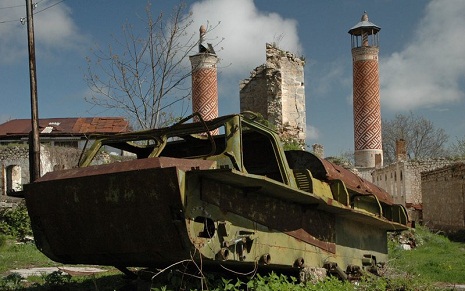 VIOLATIONS OF INTERNATIONAL LAW IN KARABAKH
VIOLATIONS OF INTERNATIONAL LAW IN KARABAKH
Turgut Kerem TUNCEL 22.10.2016 -
 ABD’Lİ TARİHÇİ DR. BRENDON J. CANNON’LA ÖZEL SÖYLEŞİ
ABD’Lİ TARİHÇİ DR. BRENDON J. CANNON’LA ÖZEL SÖYLEŞİ
Brendon J. CANNON 05.07.2017 -
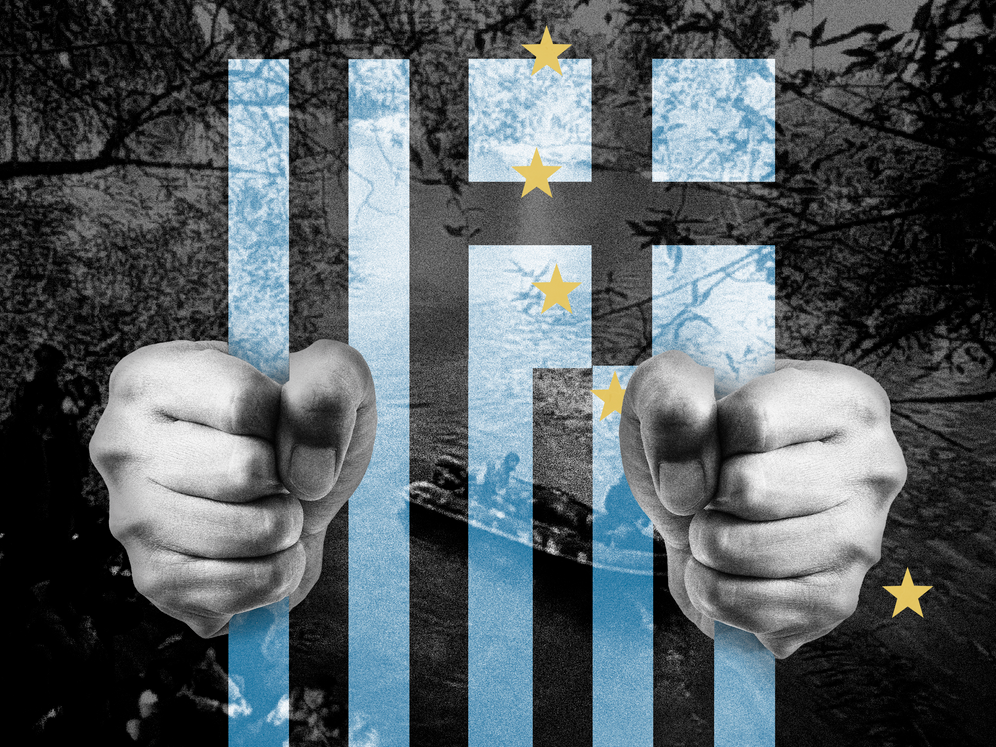 GREEK POLICE COERCE REFUGEES TO COMMIT ILLEGAL PUSHBACKS - SPIEGEL - 30.06.2022
GREEK POLICE COERCE REFUGEES TO COMMIT ILLEGAL PUSHBACKS - SPIEGEL - 30.06.2022
Giorgos CHRISTIDES et al. 30.06.2022 -
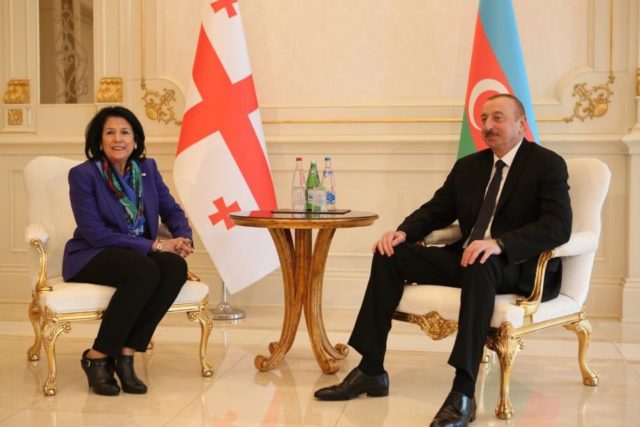 AZERBAIJAN GEORGIA PARTNERSHIP: WHAT NEXT? - JAMESTOWN FOUNDATION- 08.07.2019
AZERBAIJAN GEORGIA PARTNERSHIP: WHAT NEXT? - JAMESTOWN FOUNDATION- 08.07.2019
Rahim RAHIMOV 09.07.2019


